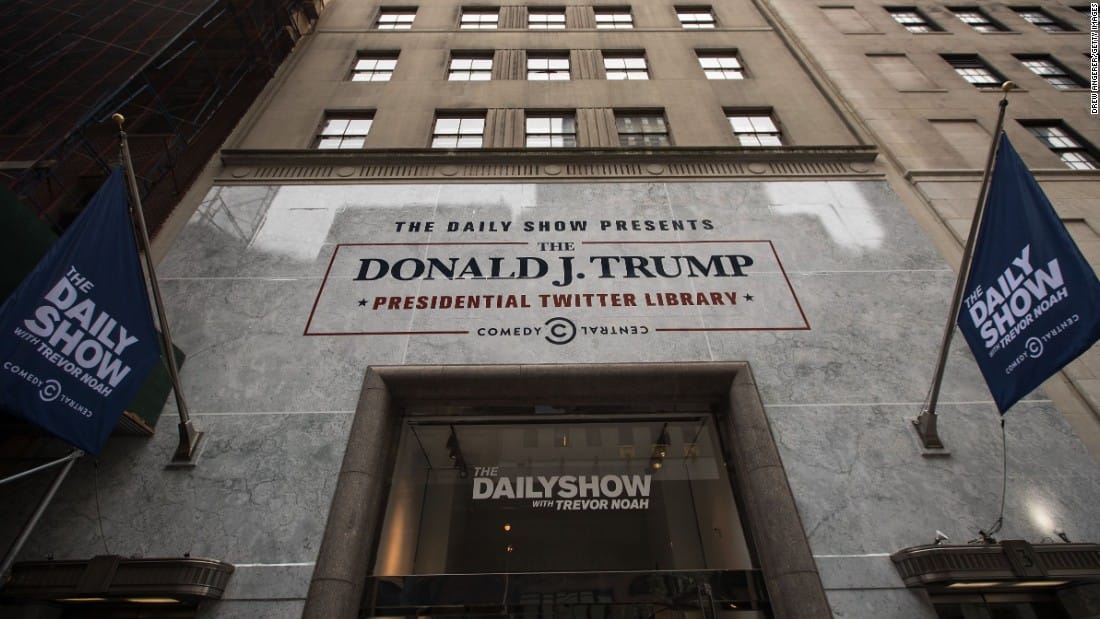In a significant legal development, ABC has reached a settlement agreement with former President Donald Trump, agreeing to pay $15 million for the establishment of his presidential library. This settlement arises from a defamation lawsuit that Trump filed against the network, claiming that certain statements made by ABC were harmful to his reputation and public image.
The defamation lawsuit stemmed from remarks made by ABC anchors and commentators during various broadcasts. Trump asserted that these comments were not only misleading but also damaging to his standing as a public figure. The lawsuit highlighted the ongoing tension between media organizations and individuals in the public eye, particularly concerning the delicate balance of free speech and responsible journalism.
The settlement is notable not only for its financial implications but also for its potential impact on media practices moving forward. Legal experts suggest that this case could set a precedent for how media outlets approach reporting on public figures, especially those who have been involved in contentious political landscapes. The agreement allows ABC to avoid a protracted legal battle, which could have drawn significant public attention and scrutiny.
In recent years, the relationship between the media and political figures has become increasingly fraught, with accusations of bias and misinformation on both sides. The Trump administration was particularly vocal about perceived media unfairness, often labeling critical coverage as “fake news.” This settlement underscores the ongoing ramifications of such disputes, as public figures seek to protect their reputations in an era of rapid information dissemination.
The establishment of Trump’s presidential library is an essential aspect of his legacy, allowing him to archive his presidency’s documents, artifacts, and memorabilia. Libraries serve as a means for former presidents to share their stories and achievements with the public, and Trump’s library will likely include materials that reflect his time in office, including policies, speeches, and significant events.
The financial aspect of the settlement raises questions about the accountability of media organizations when it comes to their reporting practices. Critics argue that large settlements may encourage public figures to pursue legal action against media outlets, potentially stifling journalistic freedom. Conversely, supporters of the settlement believe that it reinforces the need for media to exercise caution and responsibility in their reporting.
As the media landscape continues to evolve, the implications of this settlement may resonate beyond the immediate parties involved. Media organizations may need to reassess their editorial practices and consider the potential legal ramifications of their reporting. This case serves as a reminder of the importance of accuracy and fairness in journalism, particularly when covering high-profile individuals and events.
The settlement also brings attention to the broader conversation about defamation laws in the United States. Defamation suits can be challenging to win, particularly for public figures, who must demonstrate that false statements were made with actual malice. However, the willingness of ABC to settle suggests a recognition of the risks involved in litigation and the potential for reputational damage that can accompany public disputes.
In conclusion, the $15 million settlement between ABC and Donald Trump represents a notable moment in the intersection of media, politics, and the law. It reflects the complexities of defamation claims and the ongoing challenges faced by media organizations in navigating their responsibilities to the public and the individuals they report on. As the media continues to grapple with its role in society, this case may serve as a catalyst for discussions on accountability, transparency, and the future of journalism in a rapidly changing world.



